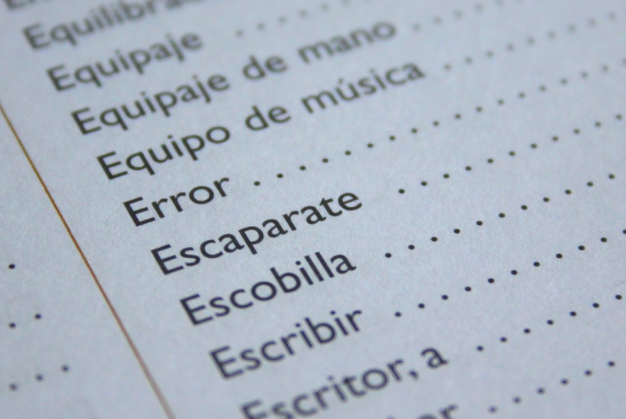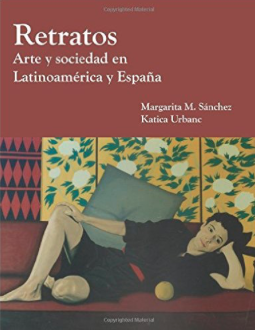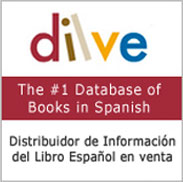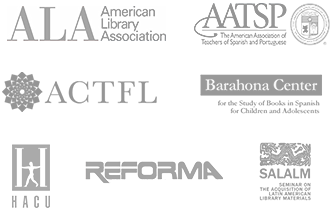This year, the €55,000 will be shared by veteran winner Sierra i Fabra (Barcelona, 1947), winner in the children category with L’aprenent de bruixot i Els Invisibles (The Sorcerer’s Apprentice and the Invisibles), and Murcia-born Luis Leante (Caravaca de la Cruz, 1963), whose book Fuig sense mirar enrere (Run and Don’t Look Back) won in the young adult category. The texts, which will be published in March, were chosen amongst 325 manuscripts in Spanish, Catalan, Galician, and Euskera.














